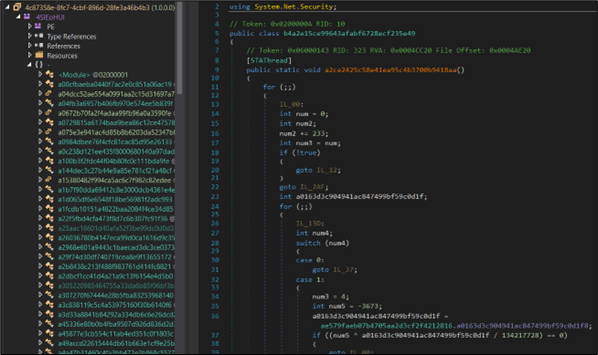“The best match for me,” announced my daughter one Sunday morning sometime back, “is a Scorpio.”
“Oh really? And this piece of vital information no doubt came from Linda Goodman?” I queried, giving her a been-there-done-that look.
“Why read when there are multiple sites online that can predict the perfect match for you? You need to share your name, date of birth and place of birth and voila, the dream match is revealed!”
“Name, date of birth…hmm. What else do you share?”
“Sometimes they ask about likes and preferences and favourite colour/animal/food etc. to get a better idea of your personality so that they can get a near-perfect match.”
Not just children but adults too enjoy such online quizzes, sharing personal data to know their perfect match or personality or the movie heroine they resemble or, a new one…’how and when will you die’. Cyber crooks know just how to trap us naïve digital citizens- through non-toxic -looking quizzes, free gift offers. Thus we end up sharing a lot of personal data when we log into e-commerce, gaming or health websites etc. They make us willingly offer the data they need. If the site is breached, this data becomes available to 3rd parties.
‘Identity Theft’; ‘Privacy Breach’; ‘Data Mining’; ‘Ransomware’ are some of the terms that are regularly making headlines now. We are aware that there are unsavory online characters who are continually finding ways to dig deeper and get their hands on our important information. The latest McAfee global study titled ‘New Security Priorities in An Increasingly Connected World’ shows that people are becoming more aware, with 79 per cent Indians saying their concern about online security has increased compared to 5 years ago.
Our awareness levels are high, but is it reflecting in our online behaviour?
Unprotected devices can get hacked, leading to possible loss of family photos, saved passwords and/or important mails and documents. How do we protect and keep private what’s ours?
By being proactive about protecting our privacy.
We need to take ownership of our digital life and plug all possible gaps. This privacy week get the entire family to sit down together to discuss privacy norms, breaches and security tips. Let children share their latest knowledge and parents share their concerns and problems. Lay down privacy do’s and don’ts for the whole family to follow.
Some of the points that you will need to discuss and work on:
- Device Security: All family devices should have running security software. GPS and Bluetooth need to be turned off when not in use. The default passwords of all devices should be changed. All connected devices should be password-protected.
- Data Security: Do not store important data like passwords on devices. Regularly back up data, preferably on an external drive. Erase data with the help of tools before disposing off old gadgets. Remove temp files and cookies. Consider using ad blockers.
- Review your content: Check whether you are inadvertently sharing any personal information. Use strong passphrases for accounts. Avoid participating in quizzes/personality tests that ask for a lot of information. Assess permission required before installing apps. Remove apps that are no more used and revoke permissions, where needed.
- Social media checks: Think before you post. Review privacy settings of each user and read site privacy policies. Also, review profile pic and bios. Refresh knowledge of social media do’s and don’ts.
Let the family data security mantra be- ‘My data, my responsibility.’ We can’t blame the service providers if we willingly share our data with 3rd party apps. So, it’s our duty, as responsible digital citizens, to be mindful of our online activities and secure our privacy.
Last but not the least, install all updates your OS sends and use branded comprehensive security solutions for all smartphones and other internet-enabled













